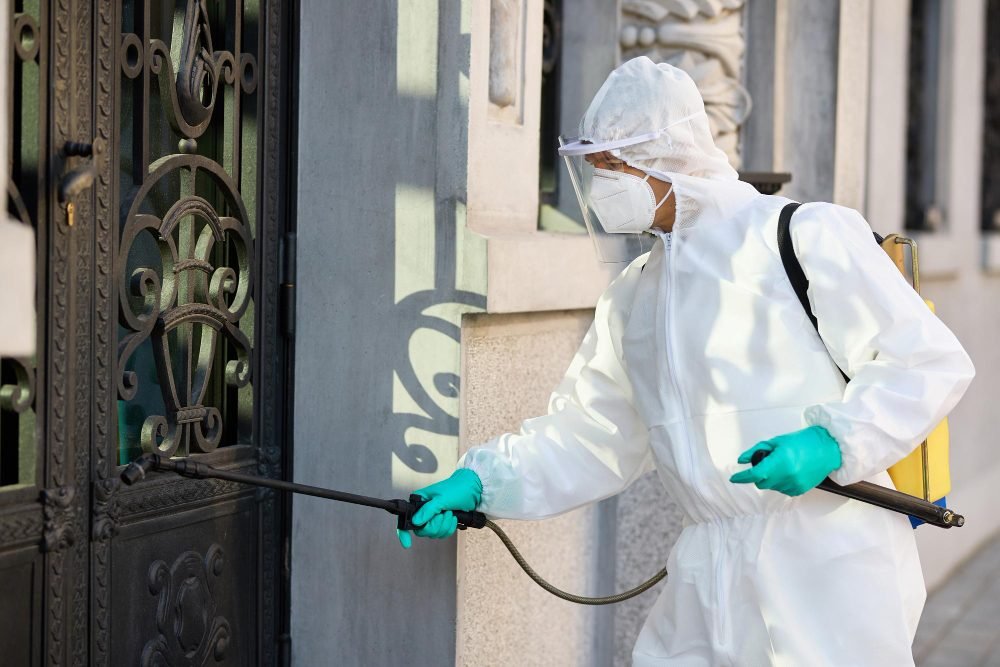Termites are one of the most destructive pests homeowners can face, especially in humid, warm climates like Alabama. These tiny invaders can cause extensive structural damage before they’re even discovered, turning what might seem like a minor infestation into a major renovation project. When termite damage is found, hiring a qualified contractor is essential. But what should homeowners expect from a termite damage repair contractor in Alabama?
In this article, we’ll walk through the key steps, standards, and expectations you should have when working with a termite damage repair specialist—so you can feel confident that your home is in good hands.
1. Initial Inspection and Damage Assessment
The first step any reputable contractor will take is conducting a thorough inspection of your property. This involves:
-
Identifying structural damage to key components like floor joists, wall studs, subflooring, and support beams.
-
Evaluating non-structural damage, such as trim, drywall, or cabinetry affected by termites.
-
Using moisture meters and probes to detect hidden damage behind walls or under flooring.
After inspection, the contractor should provide a detailed report outlining all the affected areas, severity of the damage, and a proposed repair plan.
2. Clear, Itemized Estimate
A professional contractor will give you a clear and transparent quote, broken down into specific categories, including:
-
Materials (wood, insulation, drywall, etc.)
-
Labor costs
-
Permits, if required
-
Timeframe for project completion
The estimate should also clearly explain what’s included and what isn’t—for example, pest control services are often separate from structural repair and may require coordination with a licensed exterminator.
3. Licensed, Insured, and Experienced
In Alabama, termite repair contractors should carry the proper state licensing and insurance, including:
-
General liability insurance – protects your home if further damage occurs during repair.
-
Workers’ compensation – covers laborers in case of job-site injuries.
-
Builder’s license (if structural work is involved) – ensures they meet Alabama’s building code requirements.
Additionally, look for contractors with specific experience in termite-related repairs, as this kind of work can differ significantly from general construction.
4. Comprehensive Repair Plan
Beyond just replacing wood or patching drywall, termite damage repair should involve a comprehensive plan to:
-
Remove all compromised materials
-
Treat remaining wood surfaces with anti-termite sealants or borate solutions
-
Rebuild structures using treated lumber to prevent reinfestation
-
Ensure moisture management to reduce future termite risks
For example, a contractor might recommend improving crawlspace ventilation or addressing leaky pipes that create a conducive environment for termites.
5. Collaboration with Pest Control Professionals
While the contractor handles repairs, they should also be willing to coordinate with pest control companies to ensure your termite problem is fully resolved. In many cases, the exterminator should:
-
Confirm the infestation is eliminated before repairs begin
-
Provide treatment documentation
-
Recommend follow-up inspections
A good contractor will ensure these steps are included in the repair timeline to prevent reinfestation.
6. Code Compliance and Quality Assurance
All termite damage repairs in Alabama must adhere to local building codes. A trustworthy contractor will:
-
Pull necessary permits
-
Schedule inspections with local authorities, if required
-
Use quality materials rated for structural integrity and pest resistance
They should also offer a warranty or guarantee on their work, giving you peace of mind that the repairs are built to last.
7. Communication and Documentation
Effective communication is essential during a termite damage repair project. You should expect:
-
Regular updates on project progress
-
Photos of hidden or hard-to-see damage
-
Written records of repairs, treatments, and inspections
This documentation is not only useful for your records but can also be important for insurance claims or future property sales.
8. Post-Repair Recommendations
Once the repairs are complete, the contractor should offer advice on how to prevent future infestations, which may include:
-
Regular pest inspections
-
Sealing foundation cracks
-
Avoiding wood-to-soil contact
-
Proper storage of firewood away from the home
A contractor invested in your long-term protection will always include these proactive recommendations.
Final Thoughts
Dealing with termite damage can be overwhelming, but hiring the right contractor makes all the difference. From inspection and planning to repairs and prevention, a termite damage repair specialist should provide you with clear communication, quality workmanship, and lasting results. When searching for Termite Damage Repair In Alabama, make sure the contractor you choose is experienced, licensed, and transparent every step of the way. Your home deserves nothing less than expert care—and your peace of mind depends on it.

